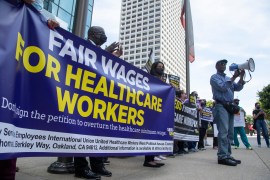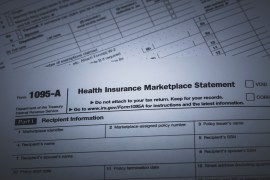The question of who will care for Puerto Rico’s aging population is a growing crisis, says Dr. Angel Muñoz, a clinical psychologist and researcher at the Pontifical Catholic University of Puerto Rico in Ponce. The island’s elderly population is particularly at risk amid the new Atlantic hurricane season, which runs through Nov. 30.
Earlier this year, a study by Harvard researchers estimated that 4,600 Puerto Ricans died in the months after Hurricane Maria hit last September. Many were seniors who faced delays in getting medical care.
Meanwhile, projections show that one-third of Puerto Rico’s population will be 60 or older by 2020, even as the number of young people are increasingly fleeing to the mainland in search of employment, often leaving behind aging parents.
“We have more [older adults] being left alone to almost fend for themselves, or being cared for by other seniors, instead of a younger family member,” said Muñoz. In addition, Medicaid does not pay for long-term nursing home care in Puerto Rico.
KHN senior correspondent Sarah Varney reports in collaboration with “PBS NewsHour” on how difficult daily life has become for this population.
KFF Health News’ coverage related to aging and improving care of older adults is supported in part by The John A. Hartford Foundation.
KFF Health News is a national newsroom that produces in-depth journalism about health issues and is one of the core operating programs at KFF—an independent source of health policy research, polling, and journalism. Learn more about KFF.Some elements may be removed from this article due to republishing restrictions. If you have questions about available photos or other content, please contact khnweb@kff.org.



